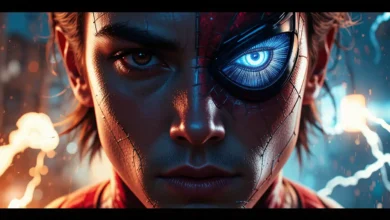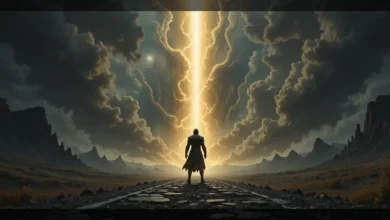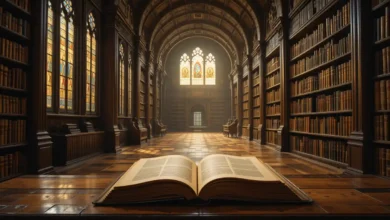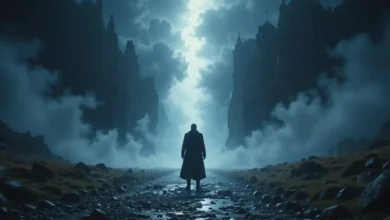Canon Events: Definition, Importance, and Examples
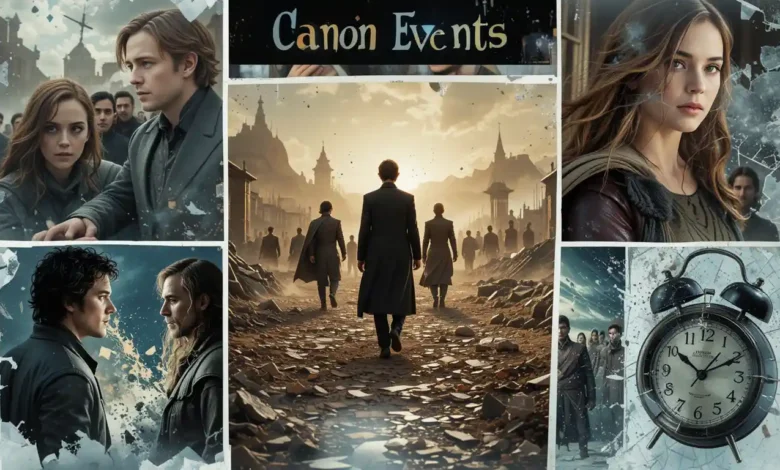
Introduction
In storytelling, the term “canon event” holds significant weight. But what exactly does it mean to “define a canon event”? This blog post delves into the concept, its importance in various narrative forms, and examples from popular media. Let’s explore how canon events shape the stories we love.
What is a Canon Event?
To define a canon event, we must first understand its root in “canon.” In storytelling, canon refers to the official and accepted storyline of a fictional universe. A canon event is a pivotal moment that is essential to the storyline, shaping the narrative and characters in fundamental ways.
Origin of the Term “Canon”
The term “canon” originally comes from religious contexts, where it referred to texts considered authoritative and official. In literature and media, to define a canon event means to identify key occurrences that are part of the official storyline, crucial to the continuity and integrity of the narrative.
Importance of Canon Events
Canon events are vital for maintaining consistency within a story. They provide a framework that guides the development of characters and plots. When we define a canon event, we recognize moments that significantly impact the story’s direction, ensuring that the narrative remains cohesive.
Canon Events in Literature
In literature, canon events are those that drive the plot forward. For example, in J.K. Rowling’s “Harry Potter” series, Harry’s discovery of his wizard identity is a canon event. Such events are non-negotiable in the storyline, essential to define the progression of the narrative.
Canon Events in Movies
In the film industry, to define a canon event is to highlight moments that are integral to the story. For instance, in “Star Wars,” the revelation that Darth Vader is Luke Skywalker’s father is a significant canon event. These events often become iconic and are deeply embedded in popular culture.
Canon Events in Television Series
Television series often have multiple canon events due to their episodic nature. In “Game of Thrones,” the Red Wedding is a canon event that dramatically alters the storyline. To define a canon event in TV series is to pinpoint episodes or moments that are crucial to the overall plot.
Canon Events in Comics
Comics, with their expansive universes, rely heavily on canon events to maintain storyline continuity. For example, in the “Spider-Man” series, Uncle Ben’s death is a canon event that defines Peter Parker’s motivations. Identifying these events helps in understanding character development and plot dynamics.
Canon Events in Video Games
Video games also incorporate canon events to build their narratives. In “The Legend of Zelda” series, Link’s recurring battle against Ganon is a canon event that defines the series’ overarching storyline. Such events are crucial for maintaining the game’s lore and player engagement.
Divergence from Canon
While canon events are crucial, some stories explore alternative timelines or “what if” scenarios. These divergences can provide new perspectives but do not alter the canon. To define a canon event is to distinguish it from non-canon or alternate events, maintaining the integrity of the main storyline.
The Future of Canon Events
As storytelling evolves, so does the concept of canon events. New media and interactive storytelling are expanding how we define a canon event. Understanding these changes helps us appreciate the depth and complexity of modern narratives.
Conclusion
define a canon event is to recognize the pivotal moments that shape a story’s universe. Whether in literature, film, television, comics, or video games, canon events are essential for maintaining narrative consistency and depth. As storytelling continues to evolve, the importance of these defining moments remains constant.
FAQs
- What is a canon event in storytelling?
- A canon event is a pivotal moment essential to the official storyline of a narrative, shaping the characters and plot in fundamental ways.
- Why are canon events important?
- Canon events maintain consistency and continuity within a story, ensuring that the narrative remains cohesive and logically structured.
- Can a story have multiple canon events?
- Yes, especially in long-running series like television shows and comic books, there can be multiple canon events that drive the storyline forward.
- How do canon events differ in various media?
- While the essence of canon events remains the same, their portrayal and impact can vary across literature, film, TV, comics, and video games due to the different storytelling techniques used in each medium.
- Can canon events be changed or retconned?
- While canon events are generally fixed, some stories may introduce retcons (retroactive continuity) to alter past events, though this can be controversial among fans.

